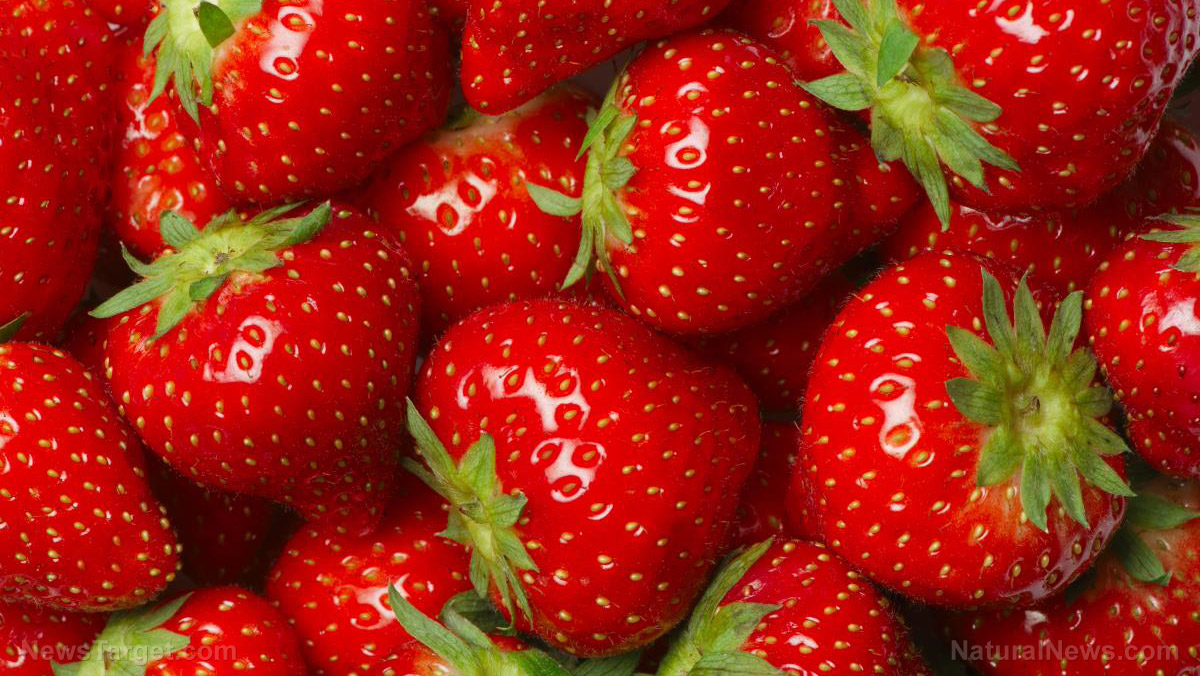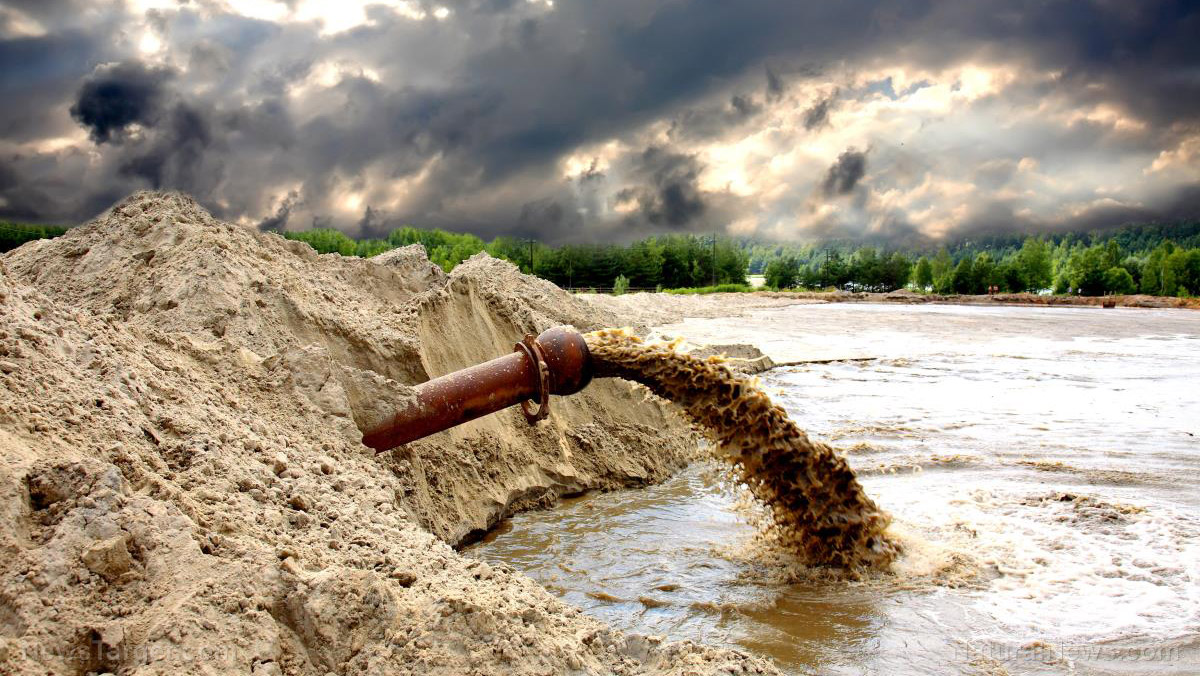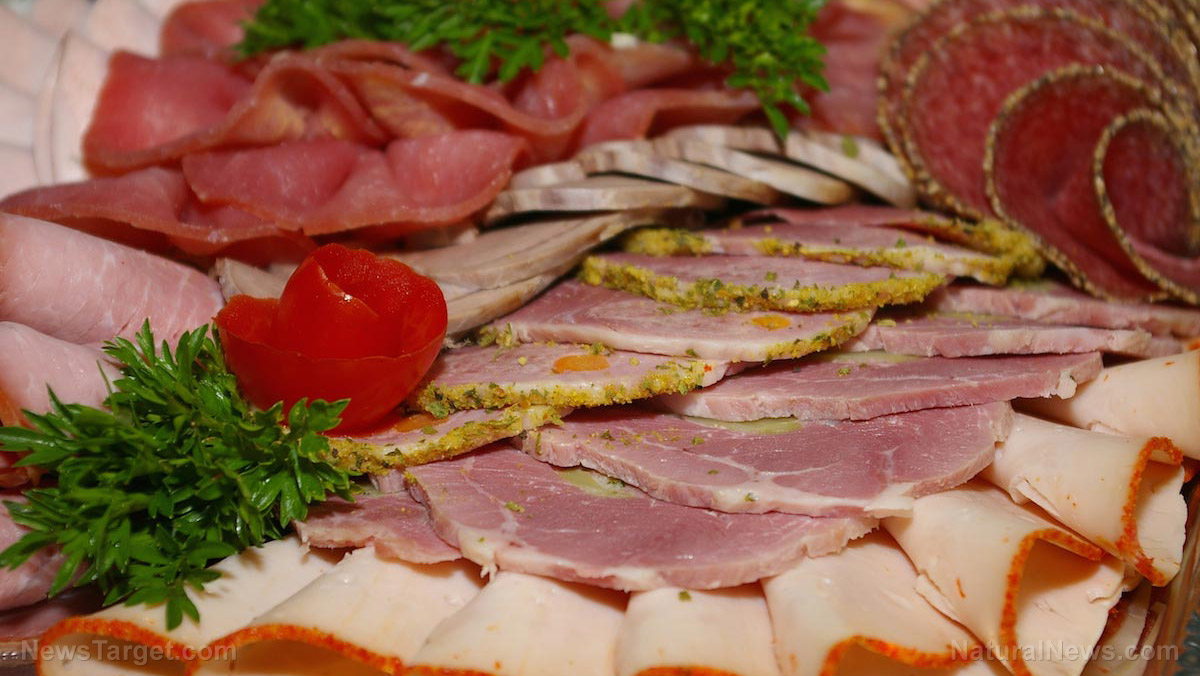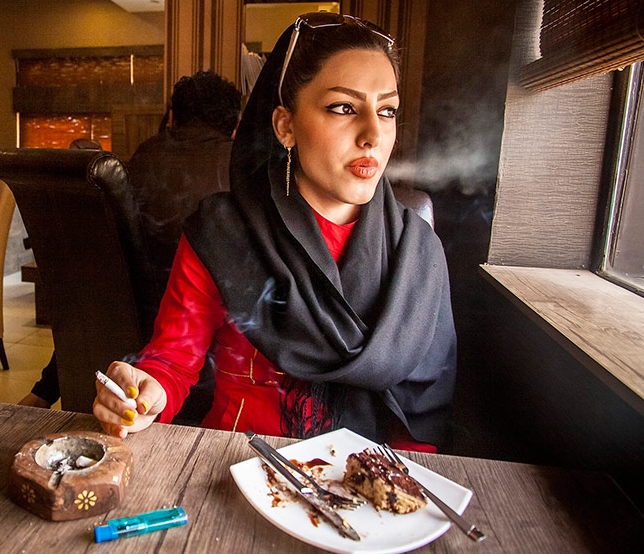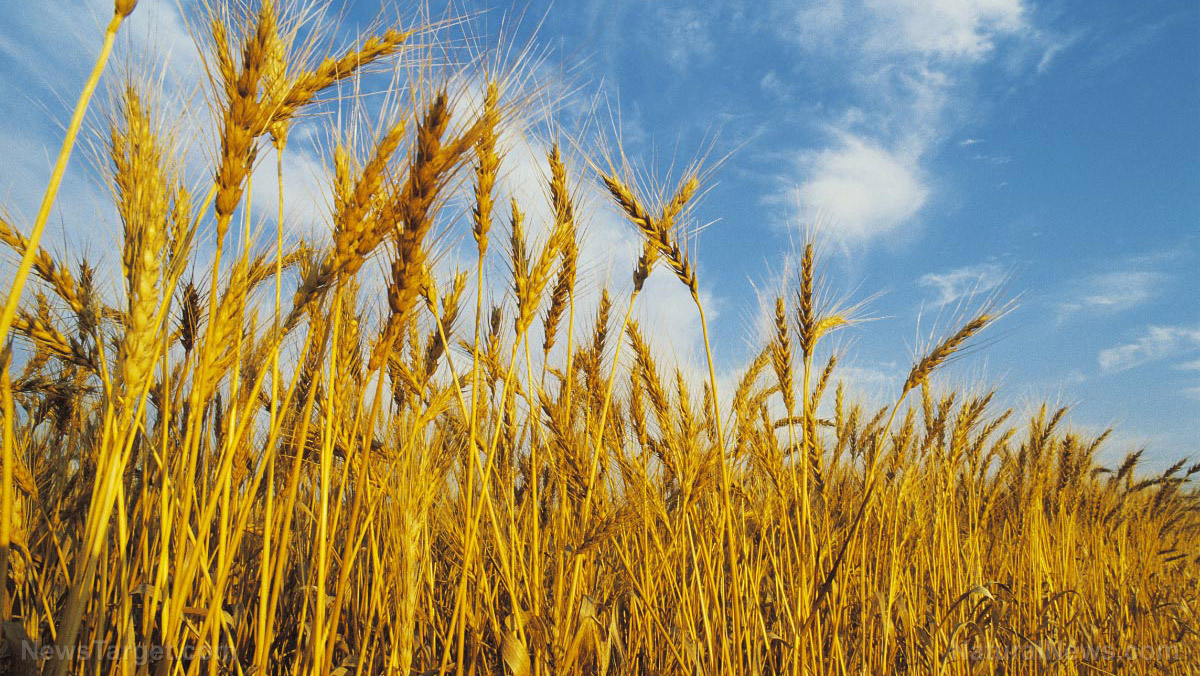Sowing the seeds of suicide: Monsanto’s ownership of our food supply is destroying farming
04/26/2018 / By Isabelle Z.

There’s a reason Monsanto is one of the most hated companies in the world, and it goes far beyond the damage its products have done to the environment and human health. Indeed, Monsanto’s control over our food supply is destroying farming itself, and the repercussions for all of us could be devastating.
The biotech firm likes to think of itself as a pioneer, and its “contributions” to agriculture certainly are revolutionary – in all the wrong ways. Those who are familiar with their practices would laugh at their claim of “improving farmers’ lives” if it wasn’t so downright offensive. After all, pushing them to suicide isn’t an improvement by anyone’s definition of the word. Some farmers call them the “seed police,” while others prefer words like “Mafia” and “Gestapo.”
Indeed, their control over the seed market around the world has placed them in the position of essentially controlling our food supply. They’re the landlord, and farmers are at their mercy, forced to pay outrageous rents or literally starve. It’s a scheme wherein farmers have to buy new seeds each year, in addition to Monsanto’s pesticides, just to have a fighting chance. Seed prices have been climbing, with GM cotton rising 516 percent, corn by 259 percent, and soybeans by 325 percent from 1996 to 2013.
India has felt this impact even harder than most places, which shouldn’t come as a surprise when you consider the fact that they control 95 percent of the cotton seed there. When Monsanto entered their seed sector, Indian companies were essentially locked into licensing arrangements; seeds, which were once a common resource, suddenly became Monsanto’s “intellectual property” and they had to pay royalties on them. Mixed crops like cotton had to be grown as monocultures, making them vulnerable to diseases, pests, drought and crop failure.
Their seed monopolies didn’t just cost farmers extra money; they ultimately cost many of them their lives. In the country’s cotton belt, Bt cotton placed many farmers in debt traps, spurring a horrendous suicide epidemic that saw 300,000 farmers take their own lives between 1995 and 2011 – many doing it by ingesting the expensive insecticides that Monsanto had told them wouldn’t be necessary if they planted GM crops in the first place. The suicides were coming at a rate of 1,000 per month, prompting the country’s Ministry of Agriculture to declare it a humanitarian crisis.
That’s not the only way they are destroying farming. Many farmers have found themselves on the receiving end of ludicrous Monsanto lawsuits, like the case involving Canadian farmer Percy Schmeiser. After winds pushed pollen from Monsanto’s GM canola planted by neighboring farmers into his fields and the plants cross-pollinated, not only did he see the breed he had cultivated for half a century become contaminated, but the firm then sued him for patent infringement and tried to seize his farming equipment and land. The firm has filed hundreds of similar lawsuits against various farmers, and they regularly win judgments that amount to millions of dollars.
Monsanto’s deception knows no bounds
They promised that GMOs would feed the world, but they’re not, nor are they controlling weeds and pests. In fact, they’re having the opposite effect, spurring superweeds and superpests that are nearly impossible to get rid of. Pesticide use has gone up rather than down, and people and animals are dying from exposure to glyphosate.
Diverse seeds with naturally-built resistance have been replaced with nutrient-void genetically engineered seeds and doused with cancer-causing pesticides. Bees and birds are dying in droves, and the whole food chain is in jeopardy. The Food and Agriculture Organization of the U.N. has warned that the loss of biodiversity from GMOs will have a serious impact on humans’ ability to feed themselves.
Yet the company continues to lie, bully, and threaten their way into controlling the planet’s source of life. Money talks, and they’ve got a lot of it. Of course, what do we expect from the same company that brought us Agent Orange, PCBs and DDTs?
Read more news on Monsanto at Monsanto.news.
Sources for this article include:
Tagged Under: agricultural chemicals, agriculture, dangerous chemicals, farmer suicides, farming, food supply, future of food, glyphosate, GM crops, lack of nutrients, Monsanto, Monsanto Mafia, Monsanto seeds, seeds, toxins in food

